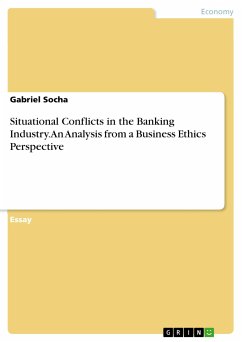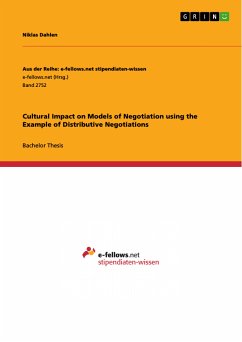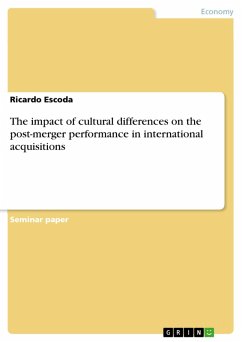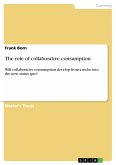Excerpt from the year 2017 in the subject Business economics - Miscellaneous, grade: -, ESCP Europe Business School - Campus Paris, course: Luxury, language: English, abstract: Over the past years, it has become obvious to several craftsmen (and non-craftsmen) that some specific crafts and know-hows have been disappearing, especially in various industries such as fashion, glove-making, shoe-making... . These know-hows belong to the cultural heritage of nations, it is a part of their history, in the same way than a prestigious building or an object is. This is why, in response to the growing need for recognition of these know-hows, the General Conference of the United Nations Educational, Scientific and Cultural Organization (hereinafter referred to as UNESCO) decided to qualify properly these knowhows in order for them to be clearly defined and recognized as the part of a cultural heritage. This qualification allows these know-hows to have a place among all cultural heritages that need to be preserved and cherished. The Convention For The Safeguarding Of The Intangible Cultural Heritage (2003) is the result of the Conference which took place in Paris from 29 September to 17 October 2003 and defines "intangible cultural heritage" as "the practices, representations, expressions, knowledge, skills - as well as the instruments, objects, artefacts and cultural spaces associated therewith - that communities, groups and, in some cases, individuals recognize as part of their cultural heritage. This intangible cultural heritage, transmitted from generation to generation, is constantly recreated by communities and groups in response to their environment, their interaction with nature and their history, and provides them with a sense of identity and continuity, thus promoting respect for cultural diversity and human creativity. [Consideration is] given solely to such intangible cultural heritage as is compatible with existing international human rights instruments, as well as with the requirements of mutual respect among communities, groups and individuals, and of sustainable development.
Dieser Download kann aus rechtlichen Gründen nur mit Rechnungsadresse in A, B, BG, CY, CZ, D, DK, EW, E, FIN, F, GR, HR, H, IRL, I, LT, L, LR, M, NL, PL, P, R, S, SLO, SK ausgeliefert werden.









